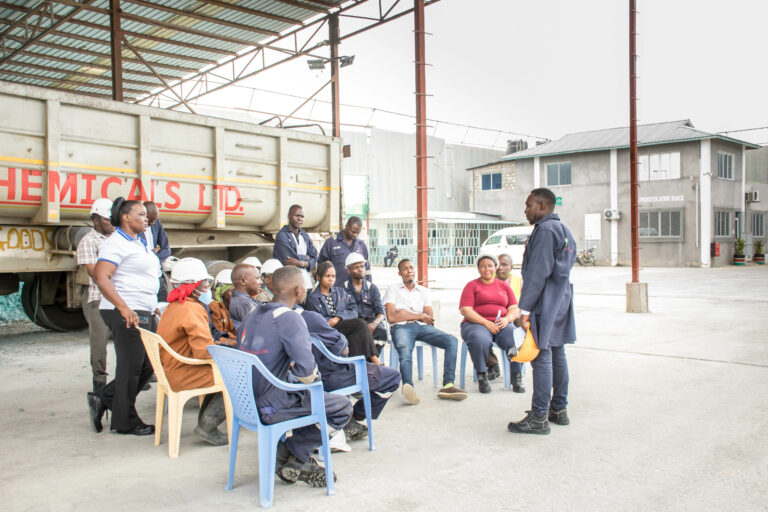
Empowering Change: How cooperation helped reshape a company’s culture in Kenya
SWP Kenya 2020-2023 At Shreeji Chemicals company transformation was catalysed by the partnership with SWP.
In SWP, partnerships are at the heart of everything we do we do. From our strategic partner the Industrial and Metal Workers Union of Sweden (IF Metall), to the implementation with over 130 partner companies, trade unions, and ministries.
Our appproach upskills employees and managers in workplace dialogue. With better skills in place we support the establishment of collaboration committees for workplaces to tackle challenges, share innovative ideas, and shape effective policies. And that is just the start…
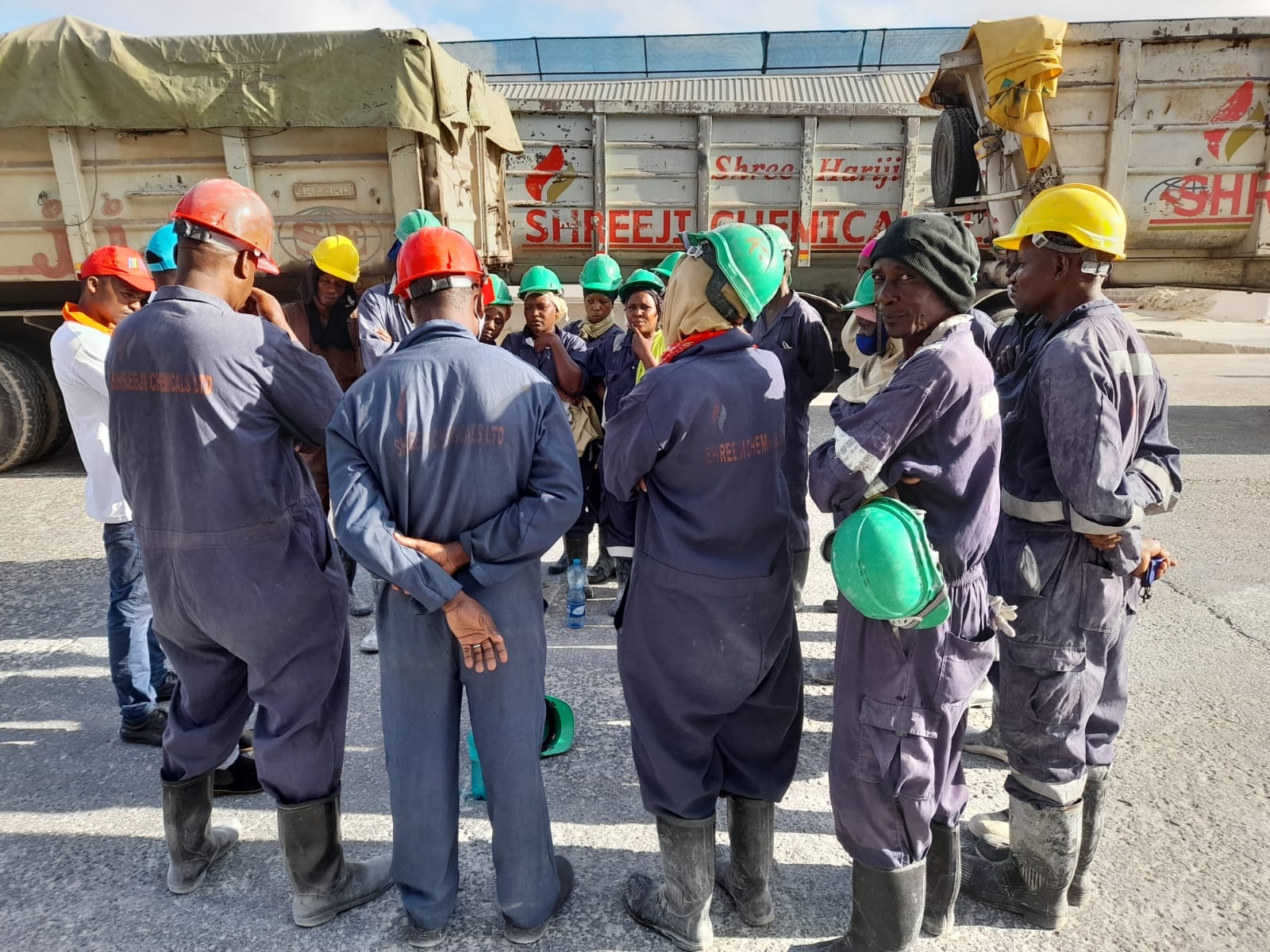
SWP’s role is to establish practical frameworks that make two-way dialogue a reality. Beyond individual workplaces, SWP’s influence contribute to reshaping the broader business ecosystem. Partner companies and their leaders have become champions of sustainable practices, setting examples for other organizations within their value chain.
Through multi-stakeholder dialogues, SWP gather companies, unions, government representatives for exchanging ideas on sustainable business, human rights, and just transitions to a low-carbon economy. These forums helpe spread SWP’s collaborative model.
Through SWP, companies, managers, and employees across a diverse set of industries are undergoing changes. Managers and HR teams report greater transparency, engagagement and work environments were open communication has become part of daily operations. Employees, meanwhile, feel valued and respected, empowered to voice concerns on their work-life. This shift has led to improvements in workplace culture, reducing conflicts, lowering turnover, and better productivity.
One of the key components for SWP is to enable peer learning and provide best practice.
“Sida aims to ensure that people living in poverty have access to decent jobs, where their rights in the workplace are respected. The Swedish Workplace Programme
contributes to this goal by improving dialogue between employers and employees and strengthening labour rights.
Follow-up of the Programme confirms that it brings important change, for example in terms of better working hours, safety andsecurity at the workplace.”
Photo: Nkelo Bantu

SWP Kenya 2020-2023 At Shreeji Chemicals company transformation was catalysed by the partnership with SWP.
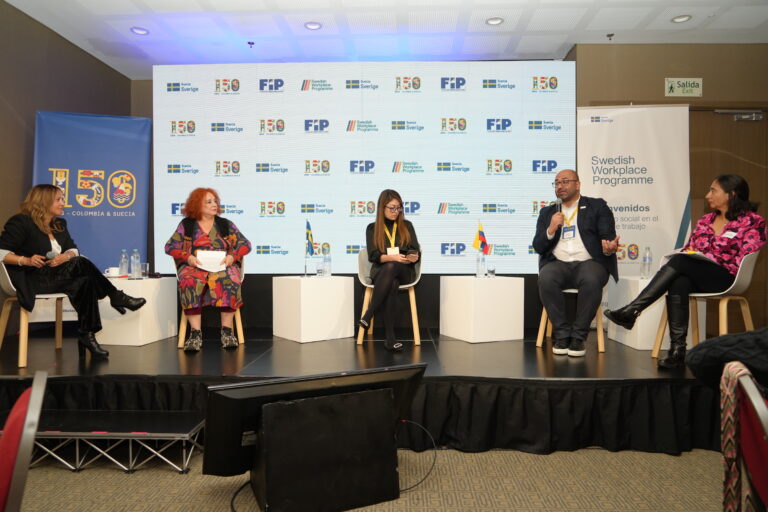
In the framework of 150 years of relations between Sweden and Colombia, our Swedish Workplace Programme and Fundación
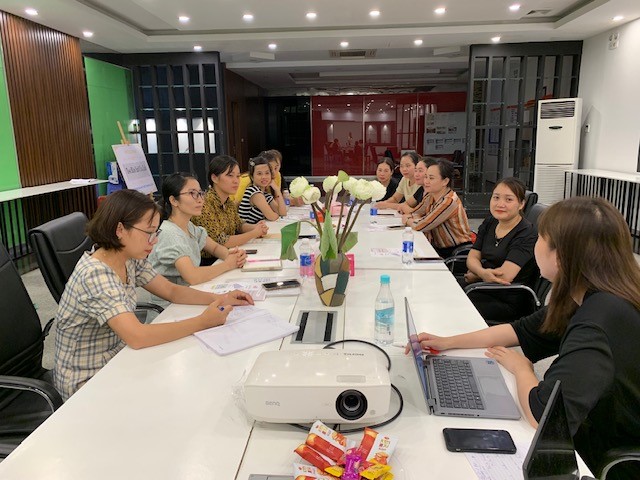
Workers from the shop floor and middle management gather around a large conference table at
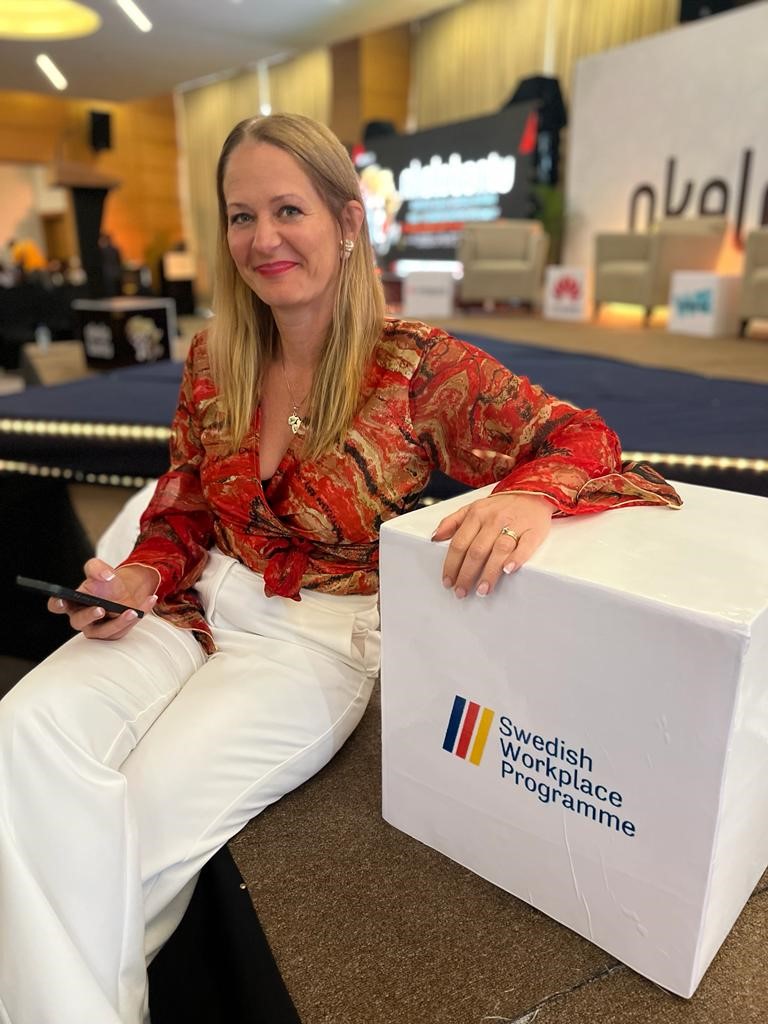
“SWP contributes to the green transition and sustainable supply chains by fostering collaboration, promoting ethical labour practices, building awareness and ensuring a skilled workforce ready for a sustainable future.”
In 2021 SKF in Colombia decided to join the SWP programme to address the pandemic-related challenges through the enhancing of workplace co-operation. They ended up running a platform on business and human rights. This is what happend.
The programme is a collaboration between the International Council of Swedish Industry (NIR) and IF Metall, the Swedish Industrial and Metal Workers’ Union.
Team Sweden is a network of government authorities, agencies and Swedish companies that support major infrastructure projects globally, with the aim to contribute to the development of sustainable projects.
This executive summary presents the findings from the study “Workplace Cooperation: Finding Practical Solutions in the Colombian Context,” conducted by the Fundación Ideas para la Paz (FIP). The study evaluates the added value of the Swedish Workplace Programme (SWP) dialogue and cooperation model within the Colombian labor market.
Throughout 2022, FIP dedicated efforts to thoroughly understand the SWP model, including its concept, foundations, implementation process, and contributions to the labor market. In 2023, FIP documented the experiences of three companies—SKF Latin Trade, Securitas, and Epiroc—that implemented the SWP model in practice. The study also included face-to-face workshops to gather feedback from various stakeholders including civil society, businesses, government, academia, and international cooperation. The findings suggest that the SWP model has the potential to strengthen labor relations, contribute to decent work, and resolve workplace conflicts in Colombia.
The case studies highlight the importance of collaboration between employers and workers to promote decent work and sustainable development in Colombia. They demonstrate that social dialogue facilitates worker participation in labor decision-making, enhances their representativeness, and promotes cooperation between employers and employees, thus improving labor relations and contributing to the well-being of both employees and companies.
The SWP model is particularly noted for improving workplace relationships and commitment to jointly finding solutions to challenges faced by workers and the company. It empowers workers, enhances leadership, and helps integrate business policies into daily practices, reducing the initial disconnect between management objectives and the day-to-day realities of workers. The study also highlights the model’s capacity to manage conflicts constructively, transforming the perception of conflict as an opportunity for improvement. Structured dialogues deepen understanding of the underlying causes of conflicts, fostering empathy and facilitating effective resolution. This promotes a culture of collaboration and a democratic approach to decision-making, building trust.
Additionally, the model is recognized for enabling workers to make decisions, identify challenges, and propose solutions that impact their well-being, and bridging gender gaps in the workplace. Its inclusive approach adapts to the unique needs and characteristics of each company, promoting a stronger and more diverse organizational culture. It also drives good work performance and productivity by involving workers in problem identification and resolution, as well as in implementing improvements and efficiently identifying ESG (Environmental, Social, and Governance) risks for companies.
The document identifies the SWP model’s added value in empowering direct interaction among labor stakeholders in Colombia, overcoming historical or cultural reservations, and contributing to the development of stronger labor relations and improved workplace environments in the country.
Challenges and opportunities of the model are also discussed. The study points out the importance of addressing value chain risks, particularly in a global context where corporate clients demand decent work processes and due diligence. It emphasizes the need to integrate SMEs into this process and use anchor companies as drivers of social dialogue throughout the value chain. The role of the state in social dialogue and the importance of highlighting the benefits of the model for adoption across various business sectors are discussed.
The opportunities of the model include raising awareness of human rights in the workplace in line with the United Nations Guiding Principles (UNGP), to strengthen due diligence, manage risks, promote long-term sustainability, and improve organizational culture. The document also underscores the importance of involving workers in change processes, leveraging their insights for continuous improvement of processes, and fostering innovation opportunities. Lastly, it suggests replicating the model in value chains to address work environment risks and gender biases, involving suppliers and contractors, and integrating the model into corporate policies to strengthen existing programs and transform organizational culture towards resource efficiency and effective participation of employers and workers.